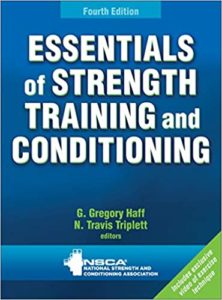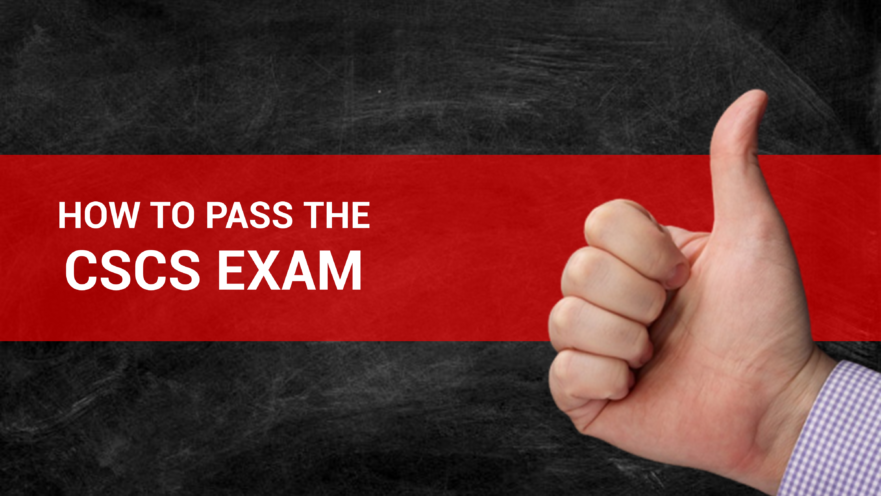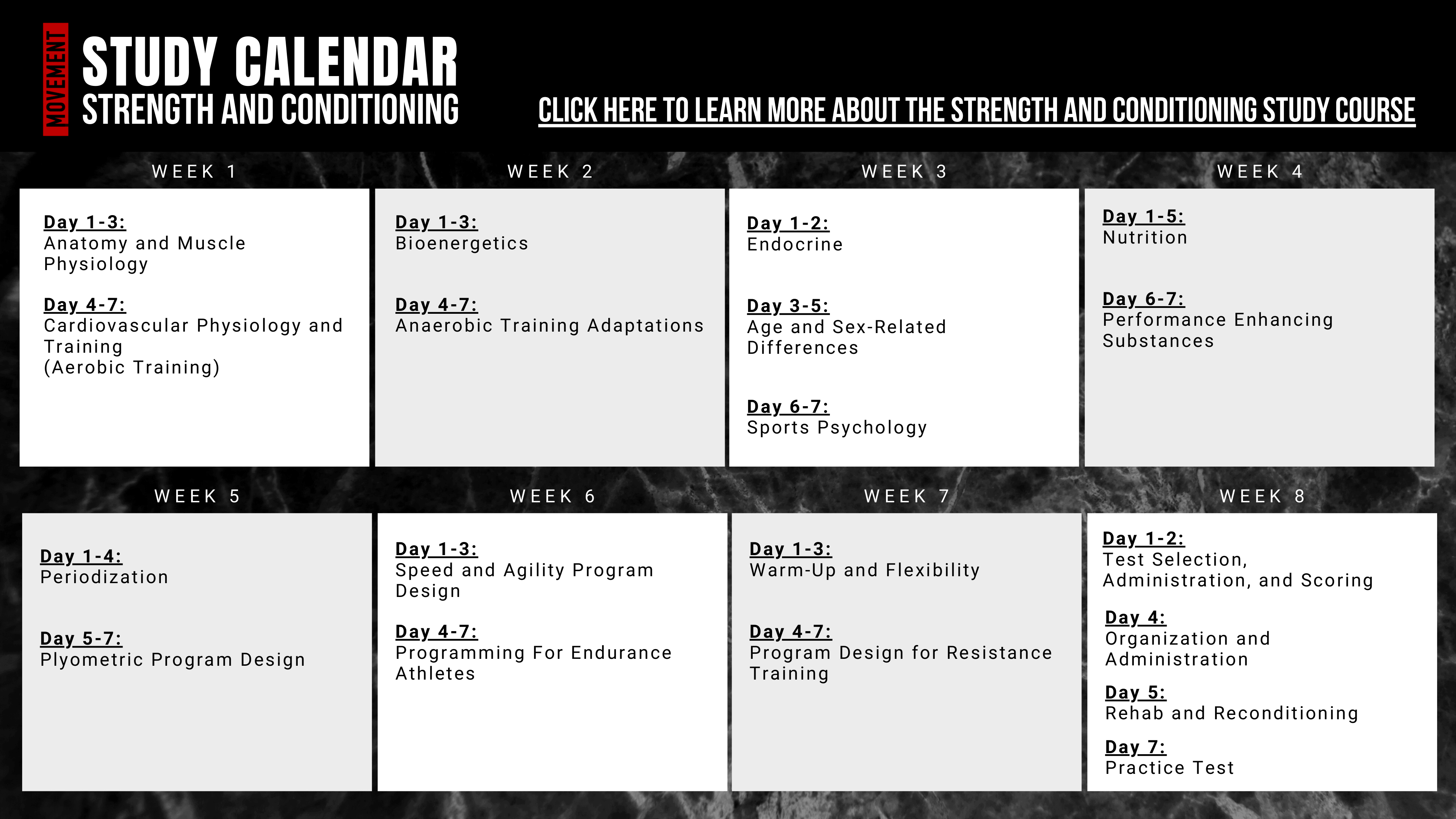Interested in learning how to pass the CSCS exam? Well you’ve come to the right place. In today’s guest article, Matt Casturo, CSCS, and founder of The Movement System, is going to show you exactly how!
What is the NSCA CSCS?
The NSCA Certified Strength and Conditioning Specialist (CSCS) certification is the gold standard in the strength and conditioning field.
Personal trainers, strength coaches, sports physical therapists, athletic trainers, and others try to tackle this exam to demonstrate advanced knowledge regarding training and science pertaining to athletes.
The CSCS exam is notoriously difficult with a pass rate of around 56%. In this article, I will give you tips and strategies regarding how to study for and pass the CSCS exam.
The CSCS Exam has Two Parts:
1) Scientific Foundations
The scientific foundations part covers mostly exercise science with some nutrition. You’ll have to understand topics including muscle physiology, cardiac physiology, bioenergetics, endocrinology, biomechanics, sports psychology, and other things.
Bioenergetics can be one of the most challenging scientific foundations concepts. I’ve already put this together in a 5-10 minute video to clarify what you need to know and how to actually apply it to athletes.
As a CSCS, you are not expected to have the skillset of a registered dietician, but you must have a good understanding of concepts like macronutrients, meal timing, caloric calculations, and eating disorders.
2) Practical Applied
The practical applied section consists of exercise technique, program design, organization and administration, and testing and evaluation. The test does have pictures and videos so be ready to make form adjustments based off an image.
Check out these two videos to review the most important practical applied concepts to know: periodization and work to rest ratios.
The NSCA CSCS Book
First and foremost, I recommend reading the Essentials of Strength Training and Conditioning textbook. It’s from the NSCA and a good portion of the CSCS exam is based off this textbook.

It’s pretty dense, being 600 pages, but going through chapter by chapter taking notes, starting with the programming section, might make it a little simpler.
When taking notes, make sure you UNDERSTAND what you’re writing down! Don’t meaninglessly try to memorize numbers if you don’t know how they relate to athletes as that will not help you pass the test.
Make sure you understand nutrition concepts and physiology as related to yourself and athletes instead of just memorizing.
Scheduling the exam before/during your studying will help with your accountability with studying.
I organized a CSCS study calendar. If you’re looking for the best CSCS study plan, I recommend downloading it here.
If you’re looking for supplemental study material with videos covering each topic on the calendar above, check out my Strength and Conditioning Study Course here.
Recommended Studying Timeline
If you have an exercise science background, it may take you 2-3 months of 5-10 hours of studying per week. The calendar linked above may be a good option for you to follow.
If you don’t have an exercise science background, it may take 6-8+ months to study and you may need to extend the timeline of the study calendar liked above.
If you’re working full-time without an exercise science background, it may be a process that lasts 1+ years but don’t be discouraged! You have to start somewhere, and you will be grateful that you did it.
To be the most prepared, consider doing a strength and conditioning internship or shadowing for at least 3-4 months and 4-6 months of studying.
An exercise science degree is not currently required to become a CSCS but will help in terms of having prior knowledge of kinesiology, biology, and physiology.
Having experience in personal training, strength and conditioning, writing programs, and being able to adjust form with exercises can all help with the practical application part of this exam.
Bonus Tips and Your Next Steps
1) Join a study group to increase your accountability. Join The Strength and Conditioning Study Group on Facebook here.
2) Use Google and YouTube to learn 1 specific topic at a time and make sure you really understand it. Subscribe to The Movement System on YouTube for CSCS study videos.
3) Track your macros to better understand macronutrient calculations mentioned in the Essentials of Strength Training and Conditioning textbook using the MyFitnessPal app.
4) Follow a strength and conditioning program to understand progressions, periodization, and volume. You can email a strength coach and ask for a program to follow, or download a free Excel program here.
5) Take a practice test! Click here for a 101 question practice test I recommend. Click here for YouTube practice questions.
Need More Help?
I created a video-based Strength and Conditioning Study Course for those without an exercise science background or those looking to refresh their knowledge of exercise science and practical application material.
It features guided lectures and quizzes for each topic, includes practice questions, and bonus info. Check it out here for more info.
*This information is not affiliated with the NSCA and is for educational purposes only.
Are you already a CSCS and looking to take your education to the next level? Check out our online course, The Barbell Rehab Workshop, earn 0.8 NSCA CEUs, and learn how to work with clients who have pain or mobility limitations.


